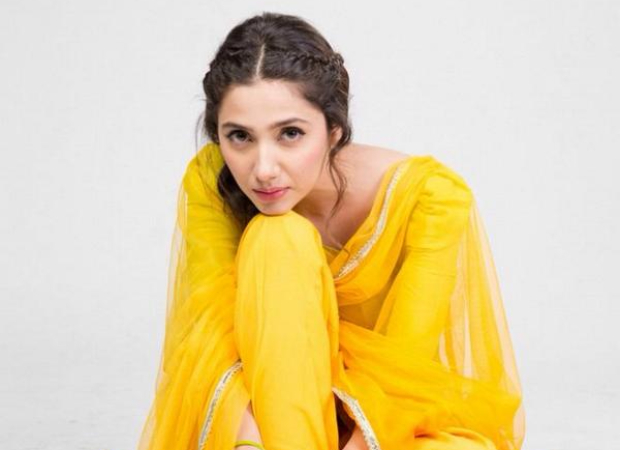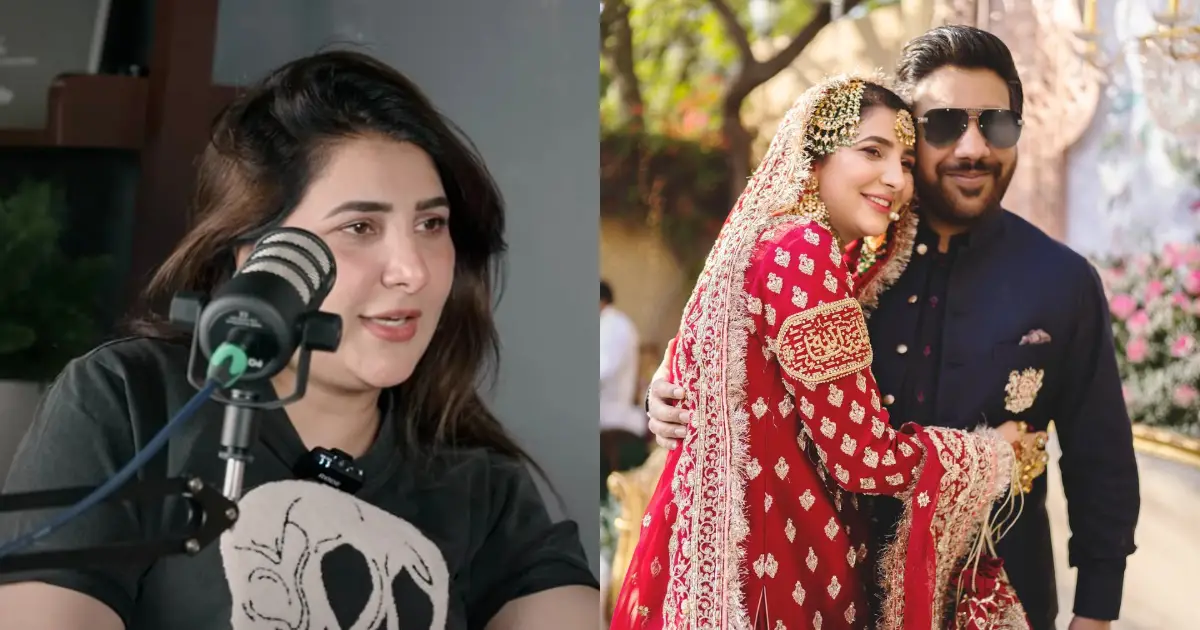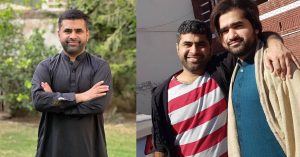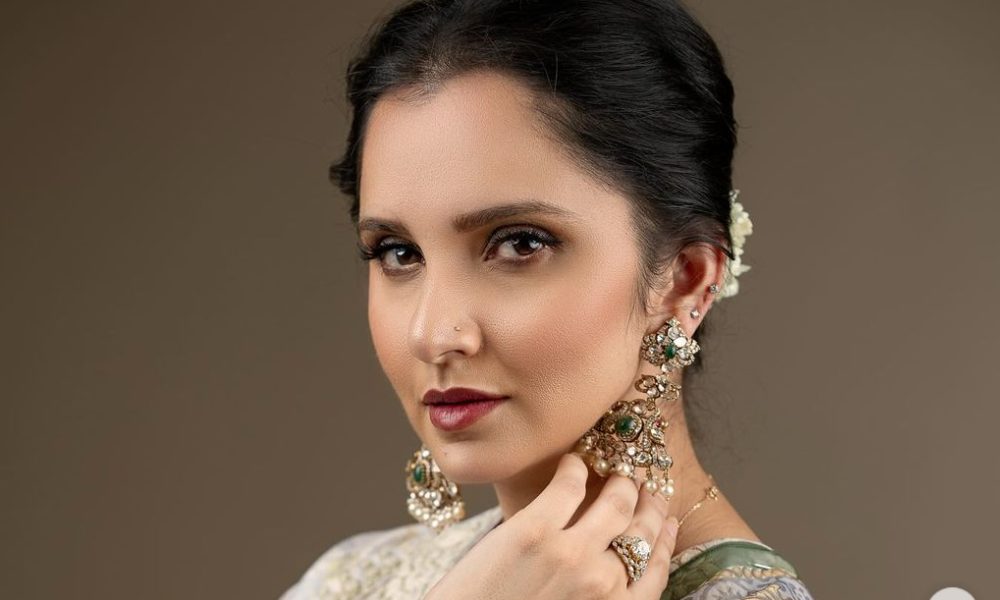PTBP Web Desk
Pakistani film and television icon Mahira Khan, celebrated for her memorable roles in blockbuster dramas like Humsafar, Sadqay Tumhare, and critically acclaimed films like Superstar and Quaid-e-Azam Zindabad, is currently touring the United States to promote her upcoming romantic comedy “Love Guru”. She is joined on the promotional campaign by fellow superstar Humayun Saeed, as the duo engages with Pakistani diaspora audiences and global media.
During a recent public interaction in the US, Mahira was once again faced with a question that has followed her since 2017—will she return to Bollywood?
Mahira made her Bollywood debut in Raees (2017) opposite none other than Shah Rukh Khan. While her performance received widespread acclaim, political tensions between India and Pakistan shortly afterward led to a de facto ban on Pakistani artists working in India.
Responding thoughtfully to the fan’s query, Mahira offered a measured and reflective statement, steering away from controversy while emphasizing the need to invest in local growth.
“I think we need to focus inwards; we need to focus on our own industry,” Mahira said. “I’m someone who doesn’t believe in the cancel culture or boycotts. I’m speaking broadly—I don’t think it’s the right approach. But given the current situation, we’re all emotional. Instead of advocating such strong stances, which becomes one’s prerogative because of circumstances, we should focus on ourselves. Also, in the end, it’s your country which is your safe space. I believe we should invest in ourselves, in Pakistan.”
Her comments quickly spread across social media platforms, sparking debate among fans and industry followers.
Mahira’s comments come at a time when cultural exchanges between India and Pakistan remain limited due to long-standing political tensions. Several Pakistani actors, musicians, and directors had previously made their mark in Bollywood, including Fawad Khan, Atif Aslam, and Ali Zafar. However, since 2016, the climate has become increasingly restrictive, leading to a pause in cross-border collaborations.
Mahira did not directly address political decisions or bans but subtly hinted at the importance of focusing on domestic creativity and self-reliance. Her call to prioritize Pakistan’s entertainment industry aligns with the broader sentiment of national self-sufficiency, especially as Pakistani dramas and films continue gaining international recognition through streaming platforms like Netflix and Zee5.
Online, reactions to Mahira’s remarks were divided but deeply engaged.
Some users praised her balanced and mature tone, viewing her response as a call to empower Pakistan’s creative sector.
“She’s right—we should focus on the Pakistani drama industry, which is one of Asia’s biggest,” commented a fan on Instagram.
Others, however, felt her answer lacked clarity on the India-Pakistan divide in the arts.
“She gave a politically correct answer, but fans wanted a firmer position,” tweeted another user.
Despite the criticism, many social media users acknowledged that Mahira’s nuanced remarks reflect the complexity of cross-border cultural engagement, where emotions, politics, and professional aspirations intersect.
Mahira’s comments also arrive at a critical juncture for Pakistan’s film and drama industry, which has seen a resurgence in recent years. Big-screen hits like The Legend of Maula Jatt and web series such as Barzakh—which ironically stars Fawad Khan—have garnered international attention.
Furthermore, leading production houses, including those led by actors like Humayun Saeed and Nadeem Baig, are increasingly looking to expand Pakistan’s storytelling to a global audience without relying on Bollywood’s reach.
By advocating for investment in local talent, production infrastructure, and creative freedom, Mahira’s stance may reflect a growing industry consensus: that Pakistani cinema and television can thrive on its own terms.
While Raees remains Mahira’s only Bollywood project, it left a lasting impression. Her on-screen chemistry with Shah Rukh Khan, combined with her effortless poise, turned her into a cross-border favorite.
However, in a climate of heightened political sensitivities, returning to Indian cinema is not just a professional decision—it’s a political one.
By choosing to stay diplomatic, Mahira perhaps aims to leave the door open for future opportunities while remaining loyal to the evolving needs of Pakistan’s entertainment landscape.




